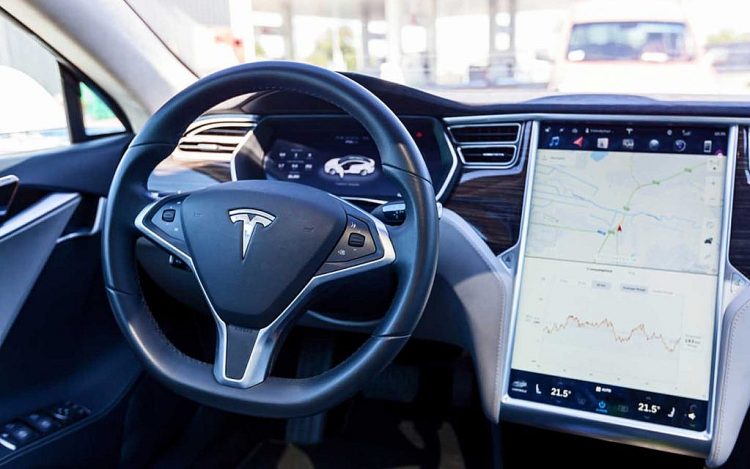Publisher: Maaal International Media Company
License: 465734
Tesla and its competitors receive low ratings in self-driving technology
A recent study published on Tuesday revealed that Tesla’s automated driving technology, full self-driving and nine other driving assistance systems marketed by major automakers received “low” ratings from the American Insurance Institute for Highway Safety.
According to Reuters, the American Insurance Institute, a safety research unit in the insurance sector, said that there is no evidence that automated driving systems and other driving assistance systems have real-world safety benefits based on accident data.
“We can study insurance claims data,” said David Harkey, president of the institute. “We were able to examine vehicles with and without these (systems) and concluded that there is no reduction in claims as a result of these more advanced systems.”
اقرأ المزيد
He added that, by comparison, there is evidence that automatic emergency braking systems reduce rear-end collisions by 50 percent and reduce vehicle-pedestrian collisions by 30 percent.
Tesla and its CEO, Elon Musk, said that a Tesla car that uses an automated driving system is about 10 times safer than the average in the United States and five times safer than a Tesla car without using this technology.
US federal regulators are investigating nearly 1,000 incidents in which Tesla’s Autopilot was used. The civil case scheduled to go to court next week in California will be the latest test of Tesla’s strategy of holding drivers who do not heed the company’s warnings to pay attention to the road when using automated driving or full self-driving technology responsible for accidents.
The American Insurance Institute said that the various driving assistance systems from Tesla, Mercedes-Benz, BMW, Nissan, Ford, GM, the Hyundai-owned Genesis, and Geely’s Volvo received “low” ratings in general, although they received “good” ratings in certain elements. On the Insurance Institute test.
Harkey said automakers could boost safety ratings by adopting existing technology for features like driver monitoring or attention warnings that have received “good” ratings.








